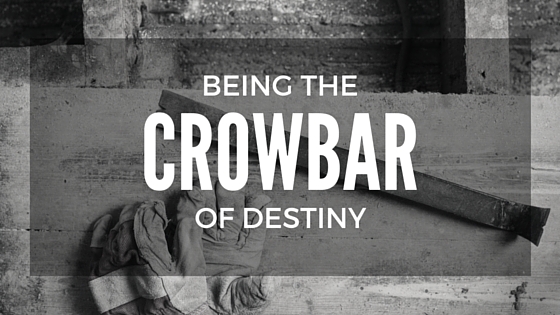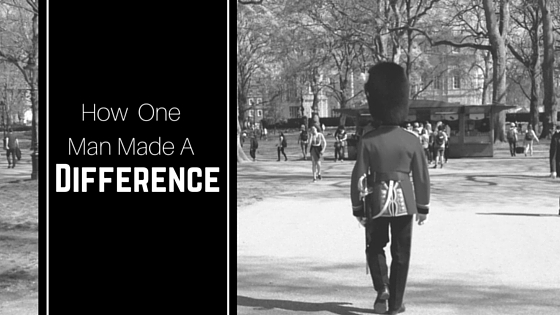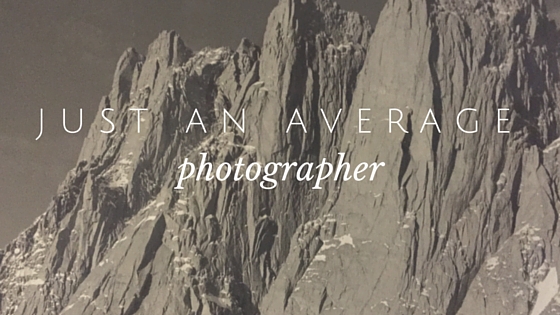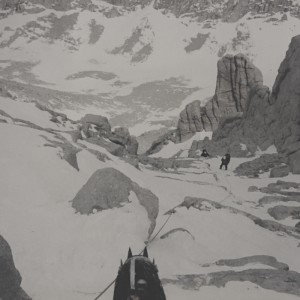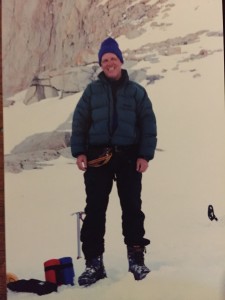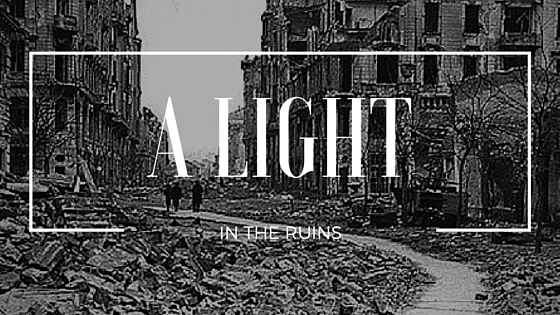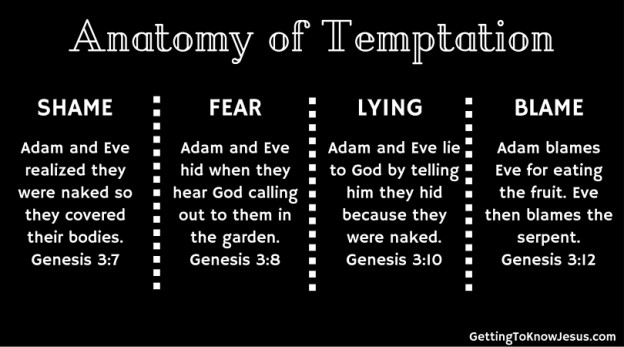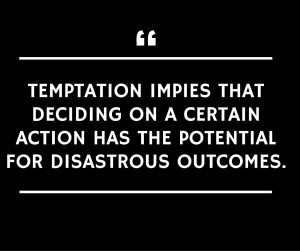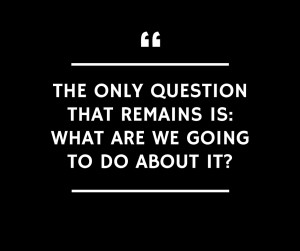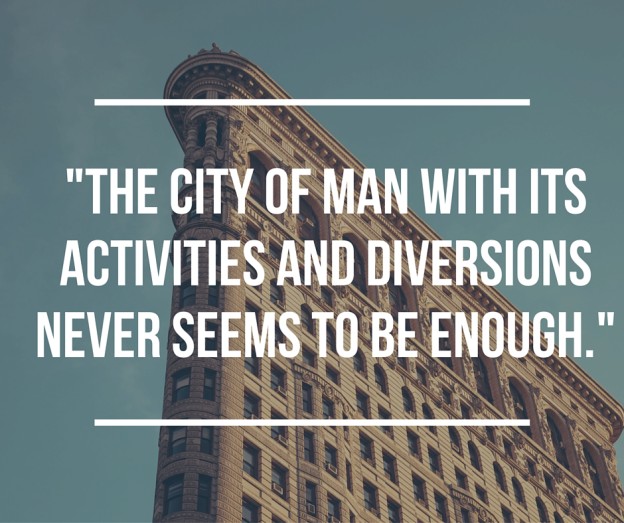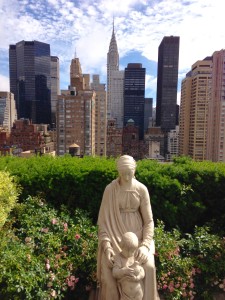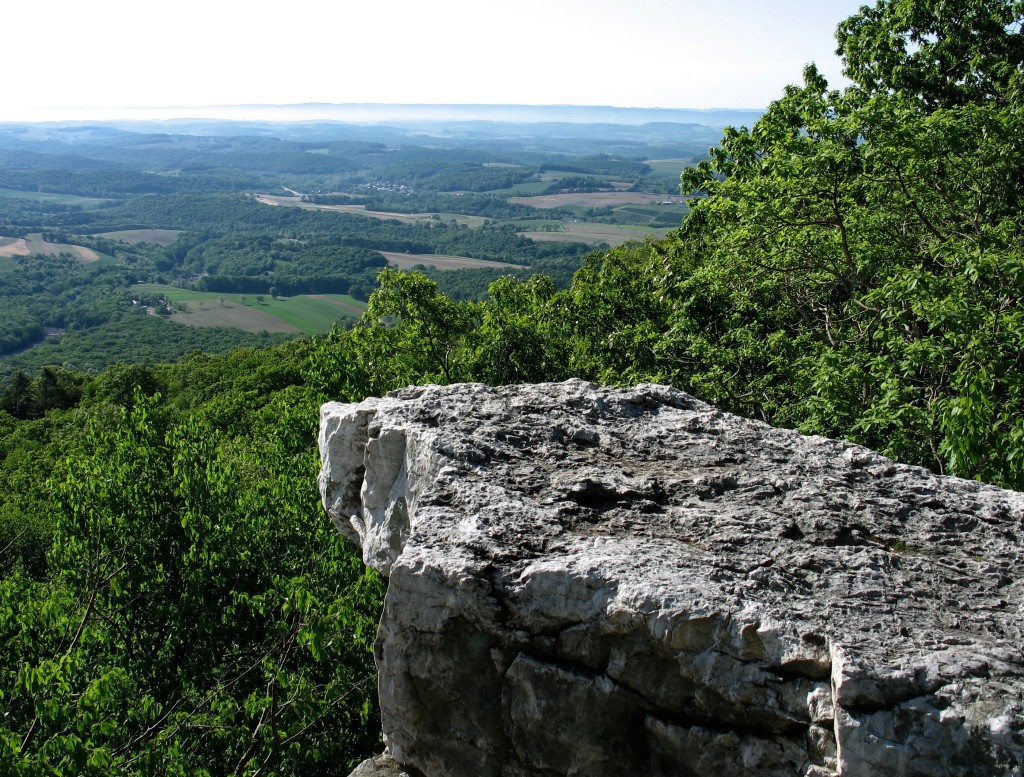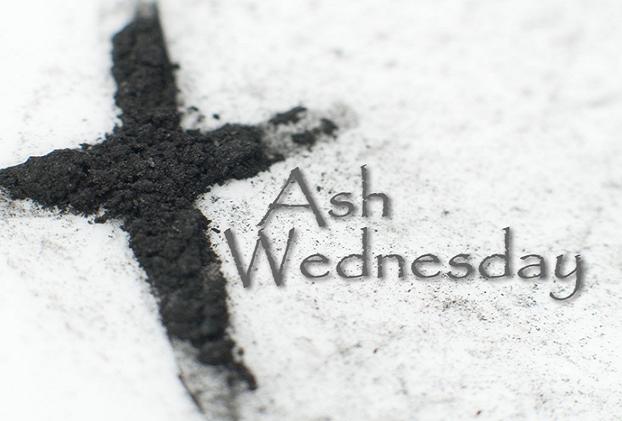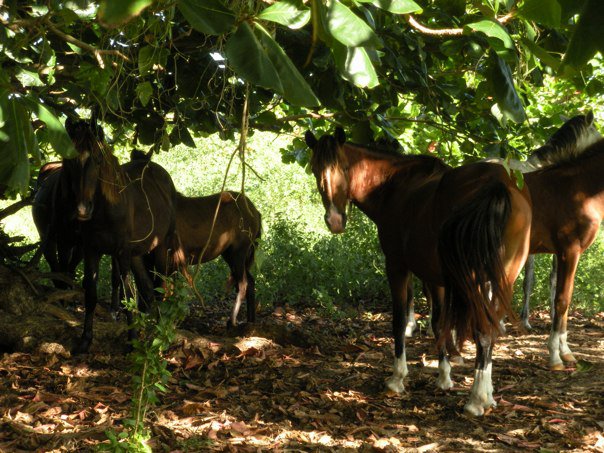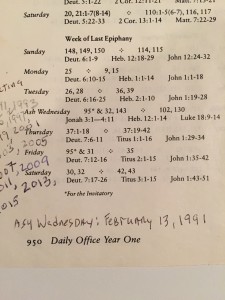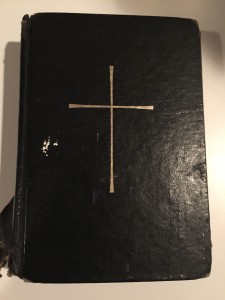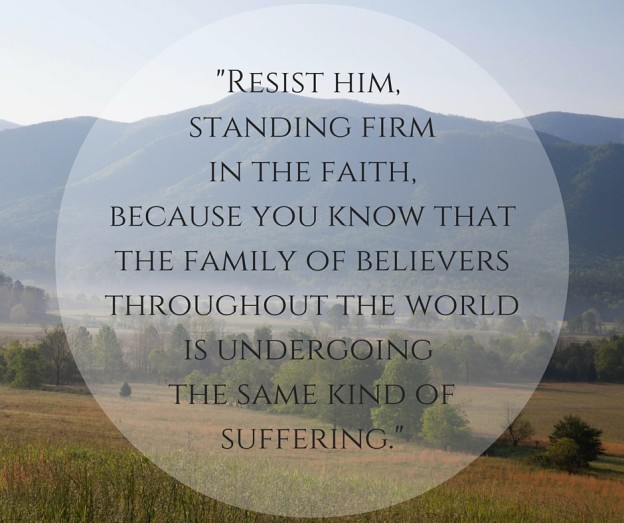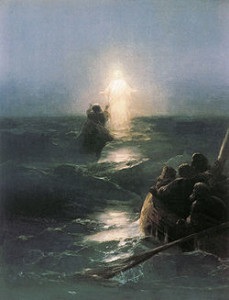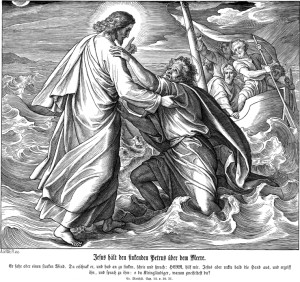Previously, I wrote about Winston Churchill being the crowbar of destiny during the early days of World War ll. His story is epic in scope; one man takes a stand against the powers of darkness and prevails.
While Churchill’s story is momentous, there is another figure who served as an even greater disruptor of the forces of evil. His impact was so staggering that it can only be understood as the greatest battle ever fought.
I am thinking of Jesus Christ who was and is an unlikely warrior king, at least by human standards. He was born in obscurity; he grew up in a small, out of the way village in Galilee and he surrounded himself with followers who were anything but the great men of his time. Here is how Isaiah prophetically describes the one who will come to save many:
“He had no beauty or majesty to attract us to him, nothing in his appearance that we should desire him. He was despised and rejected by mankind, a man of suffering, and familiar with pain. Like one from whom people hide their faces he was despised, and we held him in low esteem.” (Isaiah 53:2-4)
The ruling class of Jerusalem dismissed Jesus by saying nothing good ever came out of Nazareth. At Jesus’ hour of greatest crisis, all of his disciples abandoned him. By historical standards, Jesus died a criminal’s death; he was seen by his enemies as just another troublemaker who needed to be silenced because they counted him as a problem that needed to be eliminated quickly to keep their Roman masters at bay.
The truth about Jesus is that he came to put a stake in the ground for reestablishing God’s Kingdom here on earth. His time on earth might be viewed as a beachhead with many skirmishes and battles still to come. It might even be said, when we view the patterns of history through a biblical lens, that Jesus came to enlist soldiers in this ongoing battle of good and evil. And maybe Winston Churchill, that great crowbar of destiny was enlisted as one of those soldiers who would do his part to hold back the evil forces intent on killing and destroying.
